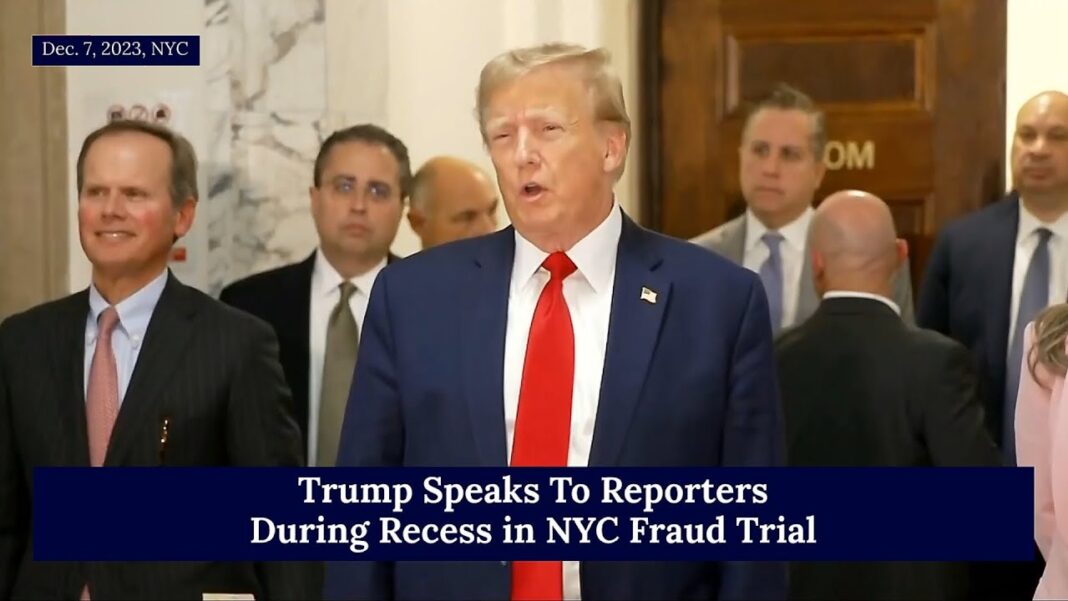
The U.S. Federal Communications Commission (FCC) has joined a growing list of federal agencies engaging in the “regulatory harassment” of billionaire businessman Elon Musk, according to the senior Republican with the agency.
FCC Commissioner Brendan Carr made the claim in a dissenting statement published on Dec. 12, after the agency reaffirmed its decision not to award $885.5 million in subsidies aimed at bringing broadband internet to underserved rural areas of the United States to Starlink, the satellite internet unit of Mr. Musk’s SpaceX.
Starlink operates a network of satellites that provide broadband internet access throughout the world.
“Last year, after Elon Musk acquired Twitter and used it to voice his own political and ideological views without a filter, President [Joe] Biden gave federal agencies a green light to go after him,” Mr. Carr began his statement.
The FCC commissioner went on to reference a White House news conference in November 2022, when President Biden told reporters that Mr. Musk’s relationships with other countries are “worthy of being looked at.”
At the time, President Biden stressed that while he wasn’t suggesting the billionaire was doing anything “inappropriate” regarding his cooperation or technical relationships with other countries, his connections and business relations with various nations were still worthy of scrutiny.
“The Department of Justice, the Federal Aviation Administration, the Federal Trade Commission, the National Labor Relations Board, the U.S. Attorney for the Southern District of New York, and the U.S. Fish and Wildlife Service have all initiated investigations into Elon Musk or his businesses,” Mr. Carr, who previously served as the FCC’s general counsel, continued in his letter.
“Today, the Federal Communications Commission adds itself to the growing list of administrative agencies that are taking action against Elon Musk’s businesses,” he stated. “I am not the first to notice a pattern here.”
SpaceX ‘Failed to Meet Burden’
Mr. Carr’s comments came after the FCC announced on Dec. 12 that it wouldn’t award a $855.5 million subsidy to SpaceX as part of the FCC’s Rural Digital Opportunity Fund (RDOF) program to be used to expand broadband service in rural areas.





